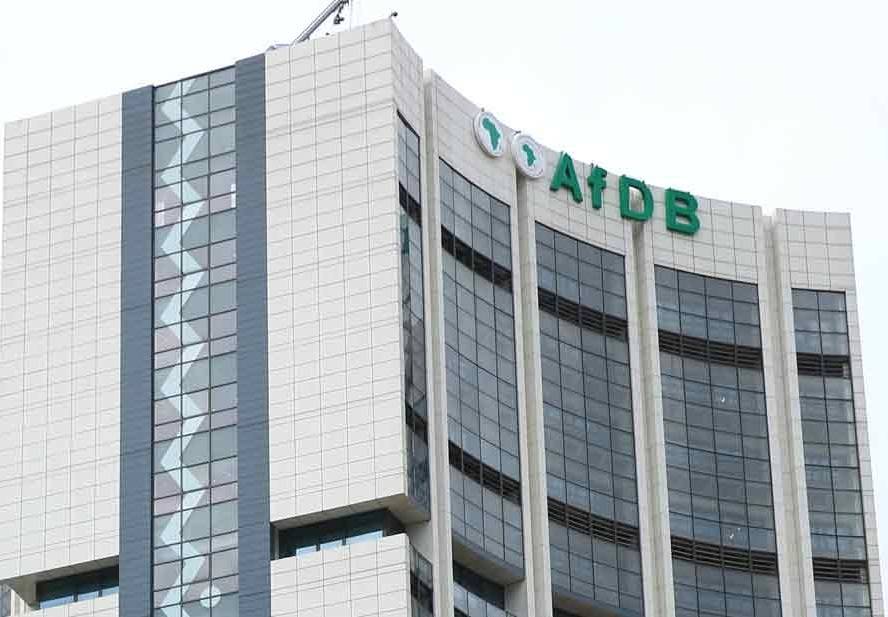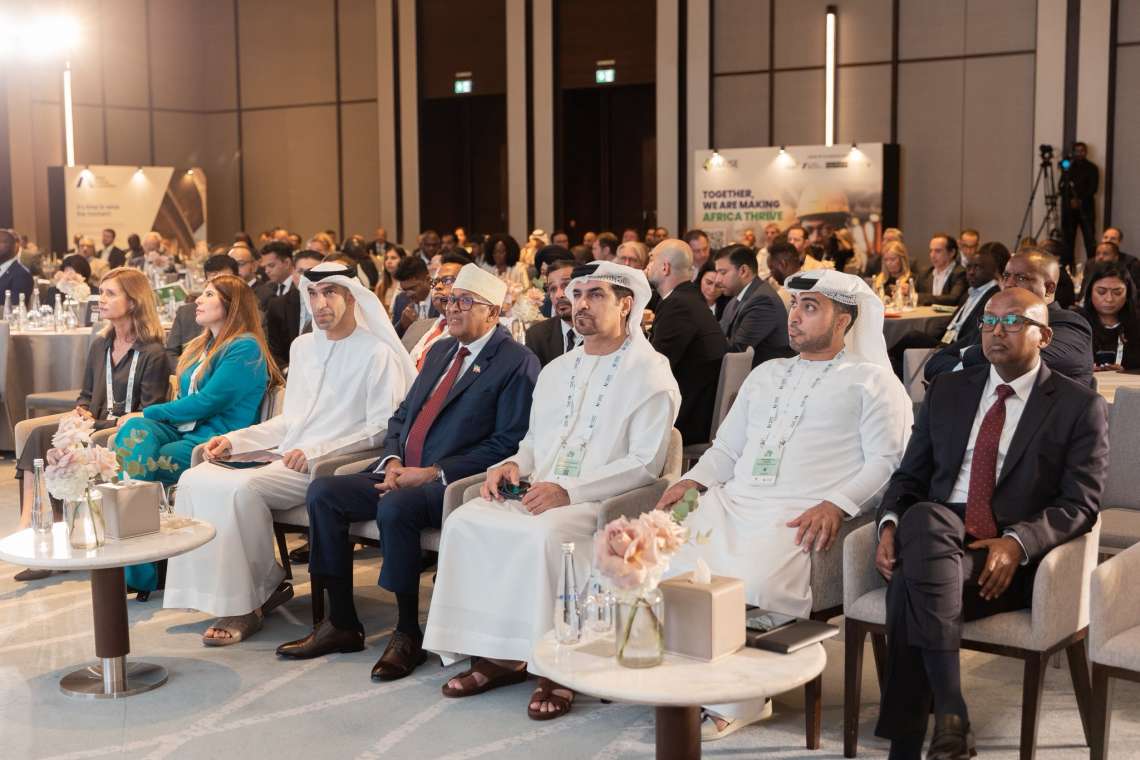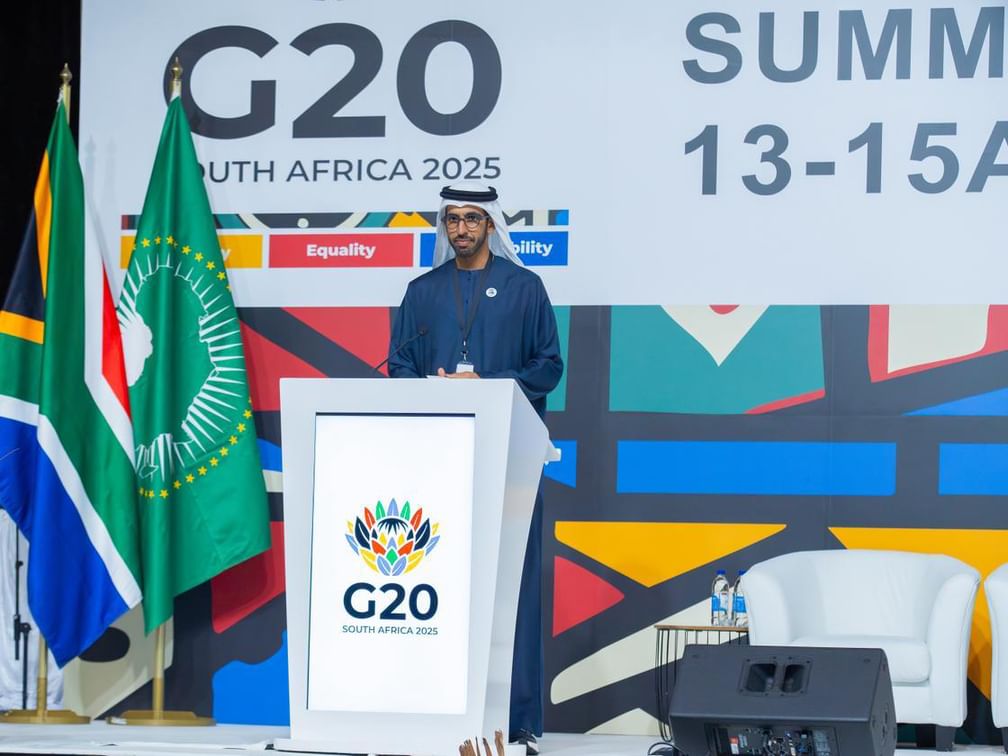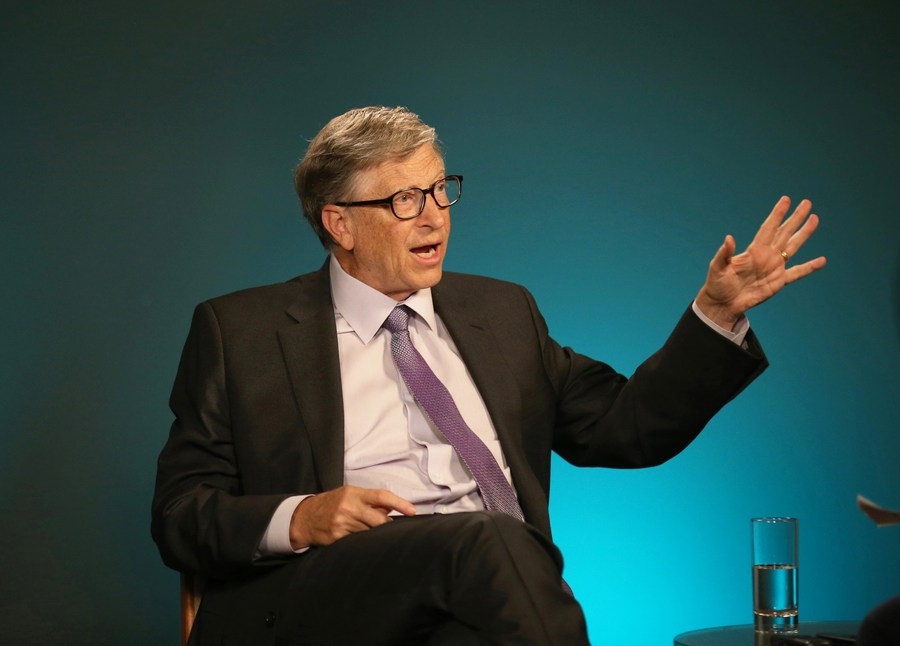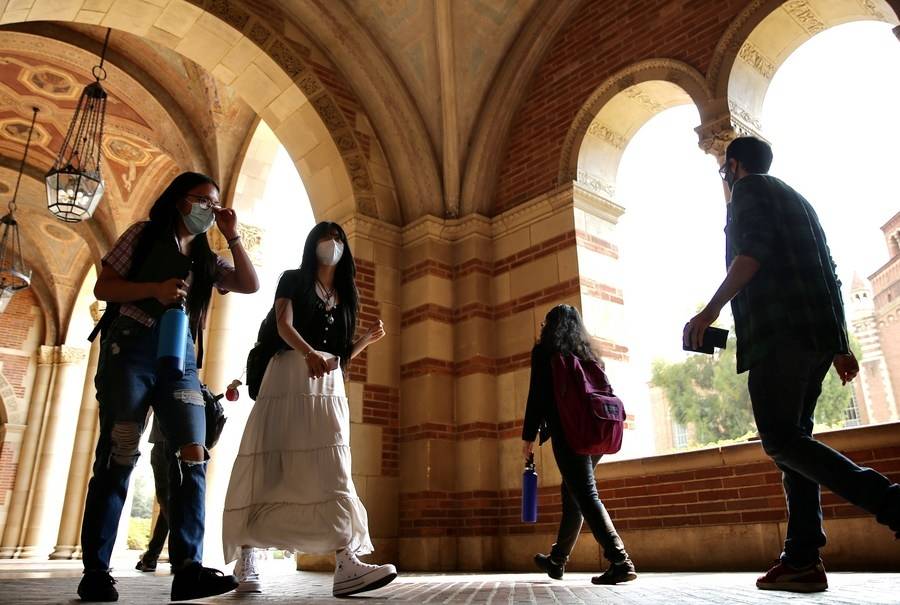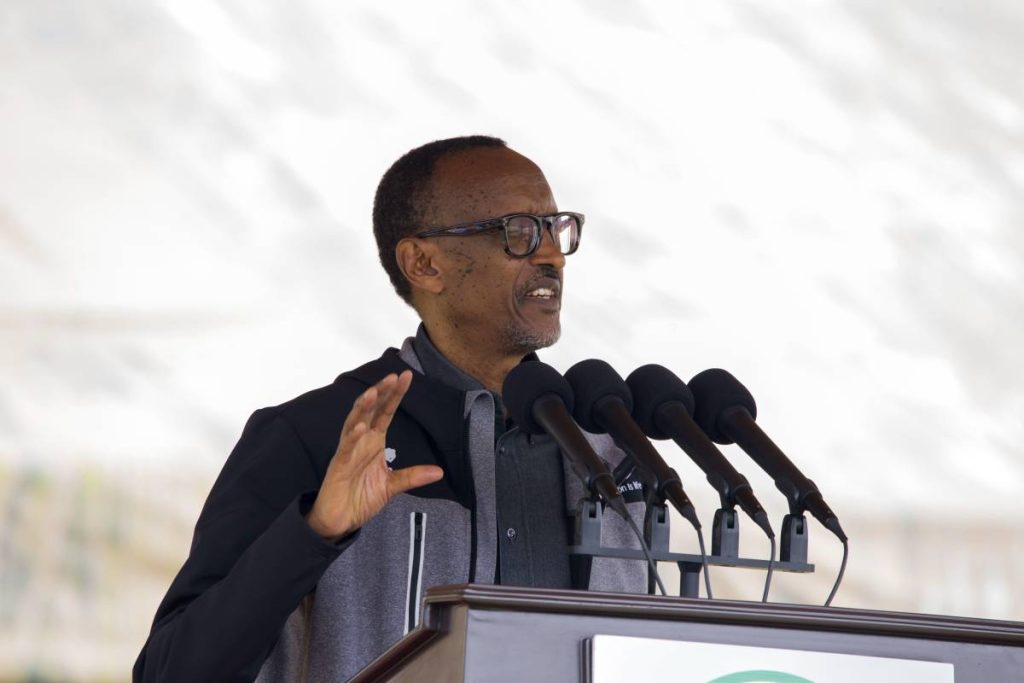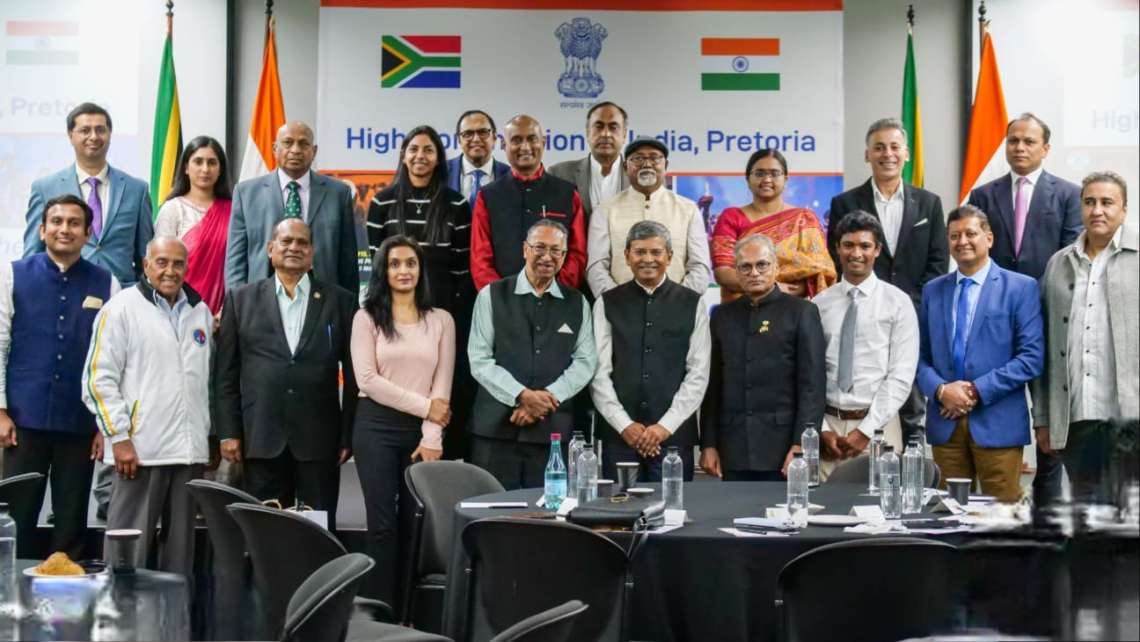The African Development Bank (AfDB) has said it has approved a $210 million loan to unlock Nigeria’s agriculture sector potential and promote industrialisation through the development of strategic crops and livestock…reports Asian Lite News
In a statement on Tuesday, the bank said the loan, with $160 million directly offered by the bank and $50 million from the Africa Growing Together Fund (AGTF), will co-finance phase 1 of the Special Agro-industrial Processing Zones (SAPZ) program in Nigeria that could affect the lives of millions of people in Africa’s most populous country.
The AGTF, set up by the AfDB and the People’s Bank of China, finances eligible sovereign and non-sovereign guaranteed development projects in Africa, Xinhua news agency reported.

The SAPZ program is a flagship of the bank’s Feed Africa Strategy, with plans to establish these zones in 18 African countries, including Nigeria, according the AfDB.
The AfDB’s financing for this program represents “one of the bank’s most ambitious operations in terms of scale and scope to date,” said the statement, adding phase 1 of the project will target seven Nigerian states and the country’s Federal Capital Territory and is expected to benefit about 50 million people.
“The project will support Nigeria’s efforts to raise agricultural productivity, promote investment, create wealth and jobs, and transform rural areas into corridors of economic prosperity,” said the statement.
ALSO READ: AU Chair urges support for vax, medicine manufacture in Africa
The first phase of the SAPZ program will be implemented with co-financing from other partners, including the International Fund for Agricultural Development, in the amount of $538 million, it added.
Nigerian government and the AfDB signed the SAPZ agreement in December 2019 to explore development solution in the rural landscape for agricultural transformation across the most populous African country.

